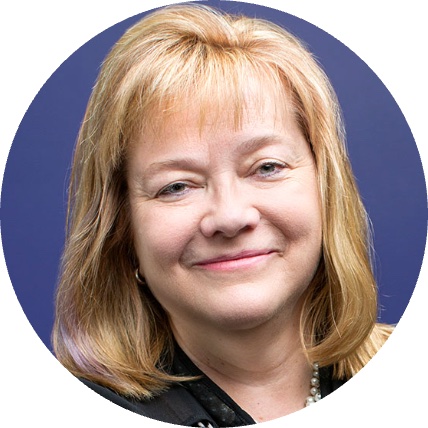With childcare an urgent need, more conventions are saying ‘bring the kids!’

If you attend professional conferences like the recent SXSW in Austin, you’re used to early-morning keynotes and nighttime cocktail parties and lots of networking in between.
Soon, you might also start hearing the pitter patter of little feet.
That’s because more organizers of conventions, particularly in the science field, have begun offering services around childcare to encourage attendance by parents who’d benefit from such gatherings but stay away because of family obligations. Groups like the Chemical Institute of Canada provide on-call childcare and nanny services for conference attendees, while, others, like the American Society for Cell Biology, offer grants. Some have also set up facilities for nursing mothers and their babies.
“Participation in conferences is a significant part of our culture of doing science,” said Imogen Coe, equity, diversity and inclusion consultant and professor of chemistry and biology at Toronto Metropolitan University. “There is enormous value in the formal and informal networking that happens, particularly for earlier career scientists and engineers.”
Associations like the American Physical Society and the Institute of Electrical and Electronics Engineers have also begun providing childcare services at professional gatherings. (The IEEE issued a set of guidelines for organizing such services.) In addition, several tech conferences, including the International Conference on Machine Learning and ONE Summit North America, offer childcare accommodations.
Still, far too few conventions provide such support, penalizing women and single parents disproportionately — something that has been dubbed “the baby penalty.” Several years ago, a woman was ejected from a TED conference — one whose focus was championing women and girls — for bringing along her nursing infant. (TED later changed its “no minors” policy and began providing accommodations for nursing parents.)
There is a reason why more conferences don’t provide services related to childcare: it’s simply not a priority, according to Coe, who characterized the general attitude as “If you have an issue with childcare, that’s your problem, not ours.” As for those who are aware of the need and want to do something about it, they may be unfamiliar with sourcing such services or have concerns about liability issues.
Conference organizers could better support working parents by first acknowledging that they need to remove such barriers to participation as part of their overall strategy of inclusion, as Coe sees it. That includes not just attendees with needs around childcare but also people with disabilities or financial constraints, for example.
The first step is taking baby steps toward doing better, Coe advised. “Think broadly and creatively and make it a priority for a successful conference,” she said, adding that simply committing to doing better is a most important step. “Progress over perfection,” she explained. “Be better than last year by offering … whatever.”
A few companies have been built around the need of childcare at professional gatherings, including Kiddie Corp., whose clients include the American Society of Hematology; Accent on Children’s Arrangements, which works with organizations like the American Studies Association; and Corporate Kids Events, which has provided conference childcare services for organizations ranging from Hyatt Hotels to The Salvation Army.
Childcare should not be an afterthought, as one working mom who attended this year’s SXSW sees it.
“For many of us, attending [professional conferences] is an essential part of our livelihood, or for a business like mine, the most important moments of the entire calendar year,” said Samantha DiGennaro, founder and CEO of PR and marketing agency DiGennaro Communications. “This isn’t only a pragmatic solution; it’s also a representation of DEIB. If the mamas can be there, we women are represented.”
